From foreign language to second language
Currently, English is still considered a foreign language in the general education system. Students from primary to high school study English in the main curriculum, an average of 3-4 periods/week. In addition, many schools organize extra courses, clubs or enrichment programs, but all are still within the scope of "one subject", not recognized as a second language.

According to Mr. Jonny Western, Head of New Initiatives Program, RMIT University Vietnam, only a few international, bilingual or foreign-affiliated schools apply English-medium instruction (EMI). However, this scale is still too small compared to the national demand. That shows that the shift from “foreign language” to “second language” will be a big turning point for Vietnamese education.
Mr. Jonny Western believes that the Government's choice of 2035 as the implementation date is reasonable. This is a long enough time to train and improve teacher standards, while narrowing the gap in teaching and learning conditions between urban and rural areas. "Vietnam cannot transform overnight, but needs a roadmap of at least a decade to ensure quality," Mr. Jonny Western emphasized.
Compared to other ASEAN countries, Vietnam is behind but still on the integration track. Singapore has used English as the main language in education for decades. Malaysia has widely implemented EMI in science and engineering subjects. The Philippines considers English as an official language, creating a great advantage in the international labor market. For Vietnam, English becoming a second language will not only expand learning opportunities but also enhance the competitiveness of human resources.
However, many education experts believe that this transition is not simple. When English is only a foreign language, the main goal is to practice communication skills, but once it becomes a second language, English will play a role in teaching a series of other subjects, from natural sciences, economics to social sciences. That change requires comprehensive reform of the curriculum, learning materials, teaching methods and above all, the capacity of the teaching staff.
The challenge of transformation from the teaching staff
According to Dr. Jennifer Howard, Head of University Preparation Program, School of English and University Pathways, RMIT University Vietnam, the teaching staff is the key factor in the successful implementation of English as an Intermediate Education (EMI).

Ms. Jennifer Howard analyzed that an EMI teacher not only needs to be fluent in English but also must have solid expertise and modern pedagogical skills. In particular, the ability to differentiate content is considered a vital factor. In a class with uneven English proficiency, teachers must know how to adjust materials and methods so that weak students can keep up, while good students can maximize their abilities.
Ms. Jennifer Howard also noted that English in EMI is no longer the ultimate goal but only a tool to convey specialized knowledge. Therefore, teachers need to be confident enough to teach in academic English, explain complex concepts, and handle classroom situations well. “If teachers only stop at communication skills, students will have difficulty accessing knowledge accurately and comprehensively,” Ms. Jennifer Howard said.
In addition to Dr. Howard’s viewpoint, many domestic education experts also believe that, in order to widely implement EMI, Vietnam needs to clearly define language proficiency standards for teachers. This standard can be equivalent to level C1 in the Common European Framework of Reference (CEFR) or IELTS from 7.0 or higher, to ensure that teachers are capable of using academic English in teaching. This is a requirement that is not easy to achieve, but is necessary to maintain quality.
Another big question is whether to rely on native teachers or develop Vietnamese teachers? International experts agree that native teachers have advantages in phonetics and language culture, but their limited numbers and high costs make their expansion difficult.
Meanwhile, the young generation of Vietnam is increasingly good at English. Many high school graduates have achieved IELTS 7.0 - 8.0, or even higher. If properly trained in pedagogy and modern teaching methods, this force can absolutely become the core of EMI by 2035.
However, the transition also has many potential risks. Some researchers warn that the massive expansion of EMI could put great financial pressure on parents and schools. The risk of commercialization of training, especially in international programs “labeled” as EMI, could lead to inequality in learning opportunities between urban and rural areas. If not closely monitored, training quality could also fluctuate greatly, causing a loss of social trust.
To avoid this scenario, many experts suggest that, in parallel with teacher training, it is necessary to establish a strict quality assurance system, including clear standards on language proficiency, professional requirements and pedagogical effectiveness; periodic assessment mechanisms and feedback for teachers to continuously improve their skills.
In addition, building an academic environment that encourages the use of English in research and professional activities is also considered an important factor, helping teachers maintain the habit of practicing the language daily.
Source: https://baotintuc.vn/ban-tron-giao-duc/chuan-bi-nguon-luc-giao-vien-de-dua-tieng-anh-tro-thanh-ngon-ngu-thu-hai-20250915164211776.htm



![[Photo] General Secretary To Lam, Secretary of the Central Military Commission attends the 12th Party Congress of the Army](https://vphoto.vietnam.vn/thumb/1200x675/vietnam/resource/IMAGE/2025/9/30/9b63aaa37ddb472ead84e3870a8ae825)

![[Photo] General Secretary To Lam receives US Ambassador to Vietnam Marc Knapper](https://vphoto.vietnam.vn/thumb/1200x675/vietnam/resource/IMAGE/2025/9/29/c8fd0761aa184da7814aee57d87c49b3)
![[Photo] Solemn opening of the 12th Military Party Congress for the 2025-2030 term](https://vphoto.vietnam.vn/thumb/1200x675/vietnam/resource/IMAGE/2025/9/30/2cd383b3130d41a1a4b5ace0d5eb989d)
![[Photo] The 1st Congress of Phu Tho Provincial Party Committee, term 2025-2030](https://vphoto.vietnam.vn/thumb/1200x675/vietnam/resource/IMAGE/2025/9/30/1507da06216649bba8a1ce6251816820)
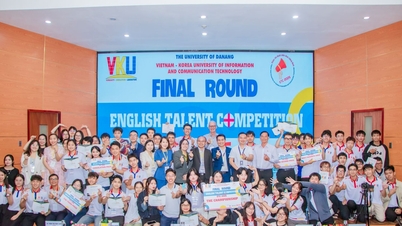





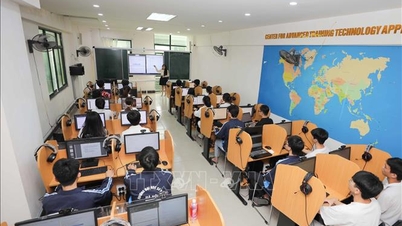


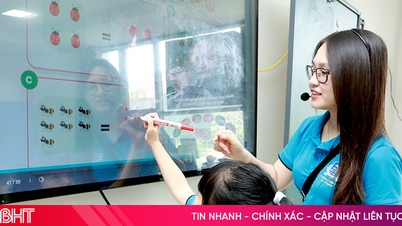












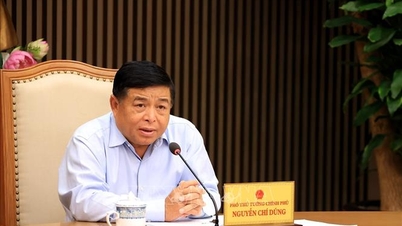

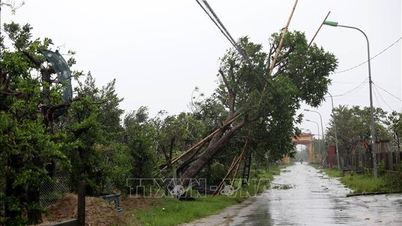
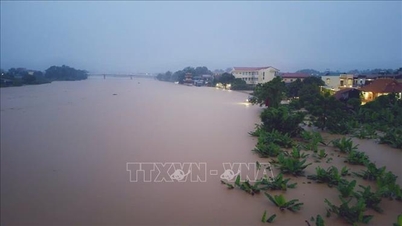


![[Photo] General Secretary To Lam attends the ceremony to celebrate the 80th anniversary of the post and telecommunications sector and the 66th anniversary of the science and technology sector.](https://vphoto.vietnam.vn/thumb/1200x675/vietnam/resource/IMAGE/2025/9/29/8e86b39b8fe44121a2b14a031f4cef46)




























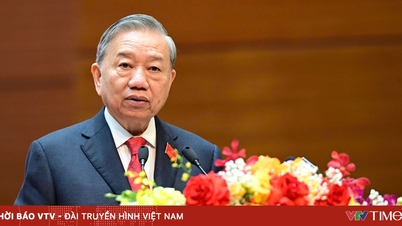


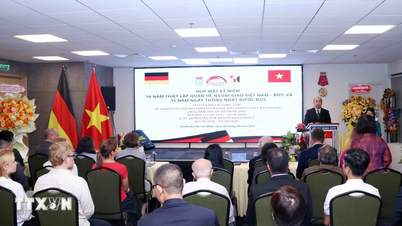



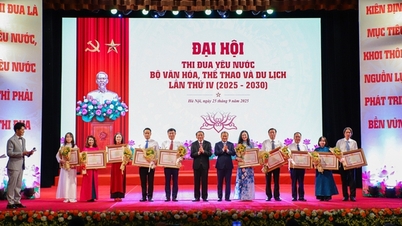







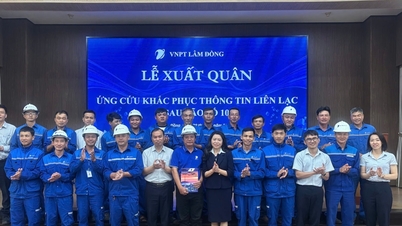

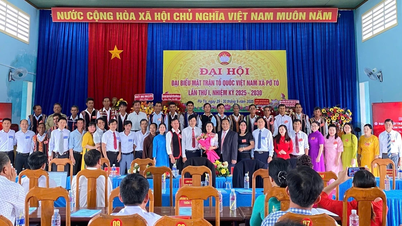



















Comment (0)